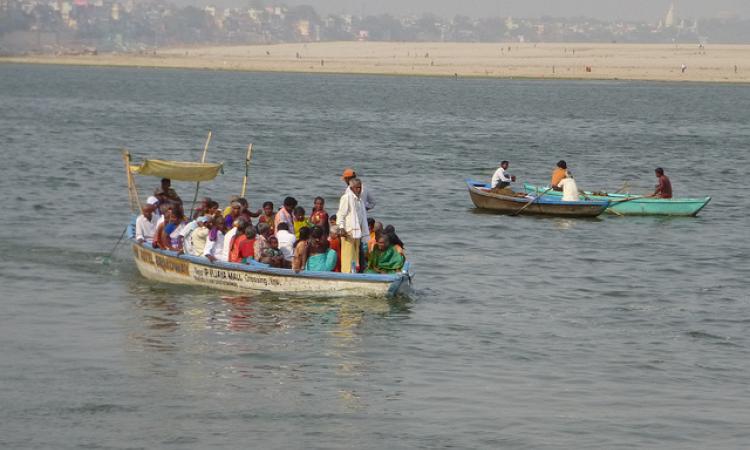
Over 50 experts urge green ministry to make green clearance mandatory for inland waterways
Following the National Green Tribunal's discussion with the environment ministry on whether environmental clearance with respect to inland waterways is required or not, over 50 experts have written an open letter to Dr Harsh Vardhan, Union Minister for Environment, Forests & Climate Change (MoEFCC) with respect to making environment clearance mandatory and legally binding for inland waterways. As per expert claims, this is a systematic attempt to exempt waterways from getting the necessary clearances. Waterways projects can disturb the ecological health of the river and therefore, they should be brought into the ambit of environmental clearance.
New groundwater extraction guidelines have shortcomings: NGT to Centre
The National Green Tribunal has ordered the Centre to not go ahead with its latest notification on groundwater extraction as these guidelines released in December 2018 have serious shortcomings. The tribunal has also asked the ministry to constitute an expert panel comprising representatives from IITs, IIMs, Central Pollution Control Board and NITI Aayog, to formulate an appropriate policy for groundwater conservation. As per the NGT, the new guidelines will lead to liberalised extraction of groundwater rather than laying stricter norms.
Delhi Jal Board approves Rs 453 crore to rejuvenate lakes in the capital
The Delhi Jal Board has given its go-ahead to Rs 453 crore funds that will be utilised to recharge and rejuvenate 159 lakes in the capital and create two mega lakes in Rohini and Nilothi village in west Delhi. The Board also has plans to create three more mega lakes, two of which in Dwarka and Najafgarh have been approved while another one in Timarpur is still pending. The plan envisages filling up of the lakes with treated water from small, decentralised sewage treatment plants. Once completed, the project will create a cumulative lake area of over 350 acres having a potential to hold 1,581 million litres of water.
Panel seeks a foolproof mechanism to improve stinking and choked bio-toilets in trains
Taking note of the problem of stinking and choked bio-toilets in trains, the Railway Convention Committee (RCC) has sought a foolproof mechanism for the effective use and management of the bacteria meant to be used in the bio-toilets. The panel has observed that the bacterium inoculum required for use in the bio-toilets have a short expiry date rendering it ineffective. However, as per the Railways, corrective measures have been taken up and cross-checking of bio-toilets has been intensified. The panel has recommended replacing the old disinfectant with a new deodorising-cum-disinfecting fluid without any delay.
Parliamentary Standing Committee observes gaps in implementation of schemes for mining-affected people
In its report titled, Implementation of District Mineral Foundation (DMF) and Pradhan Mantri Khanij Kshetra Kalyan Yojana (PMKKKY), the Parliamentary Standing Committee (PSC) on Coal and Steel has provided several recommendations for giving priority to those directly affected by mining. The report calls for amending PMKKKY guidelines so that 60 percent of the DMF funds must be spent on people living in directly affected areas. The committee has also stressed the involvement of mining-affected people in scrutinising projects and recommended a social as well as a financial audit of the DMFs. The report has suggested mandatory involvement of MPs in DMF governing body.
This is a roundup of important policy matters from December 27, 2018 - January 6, 2019. Also, read news this week.